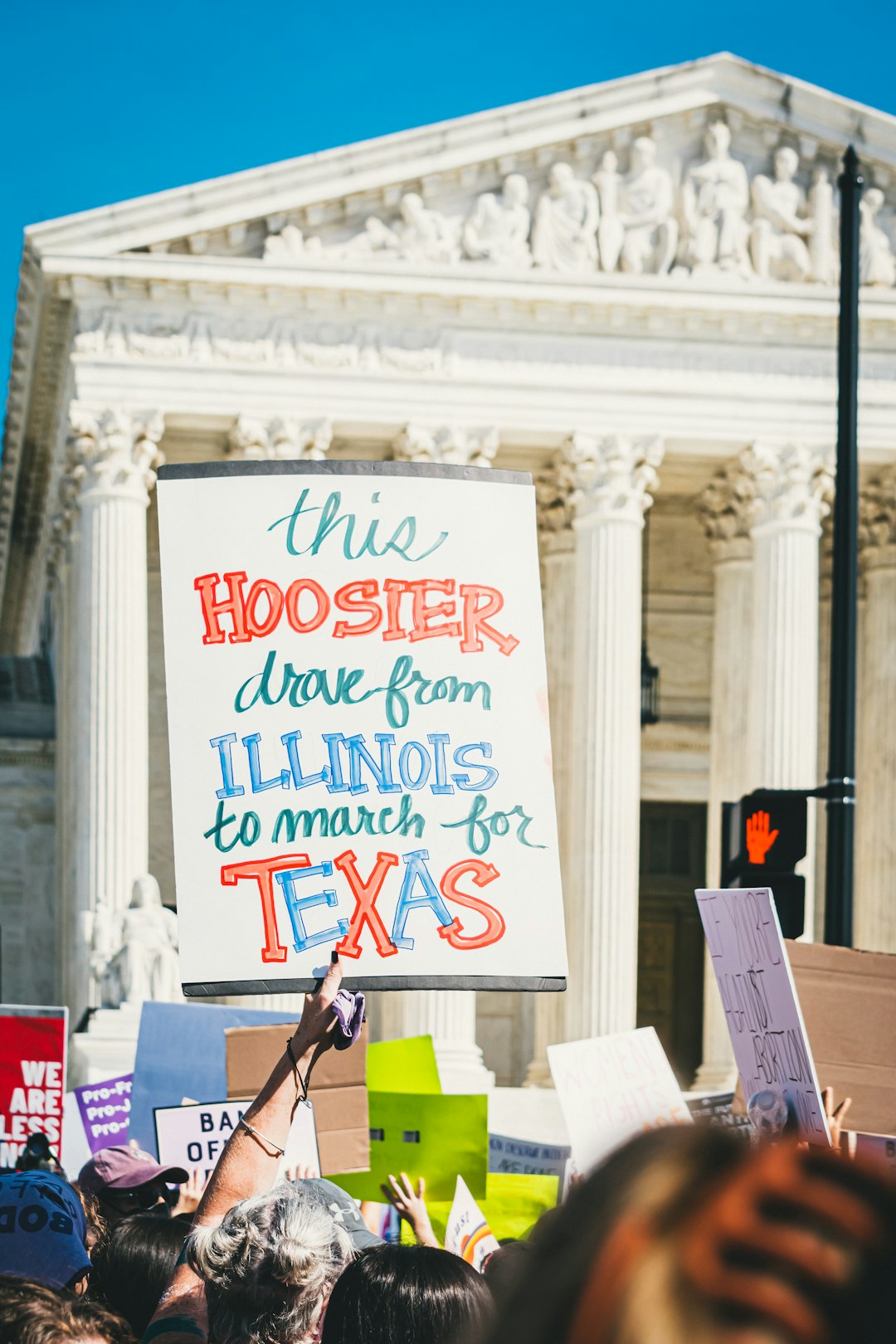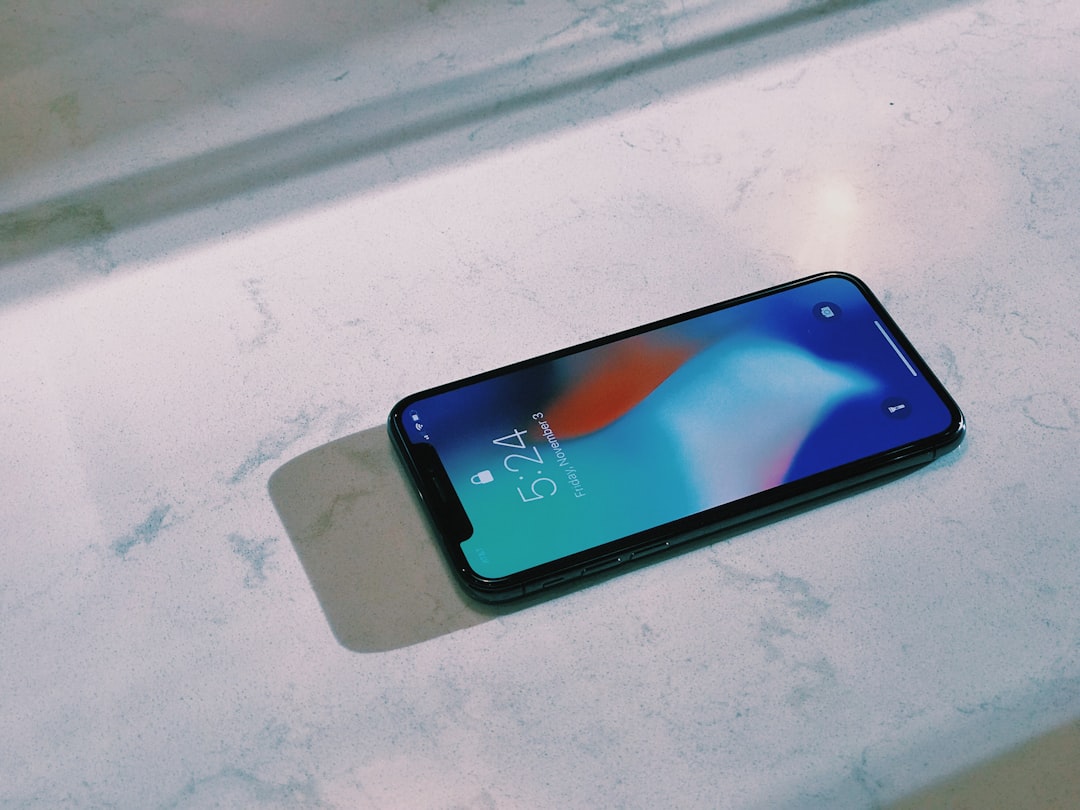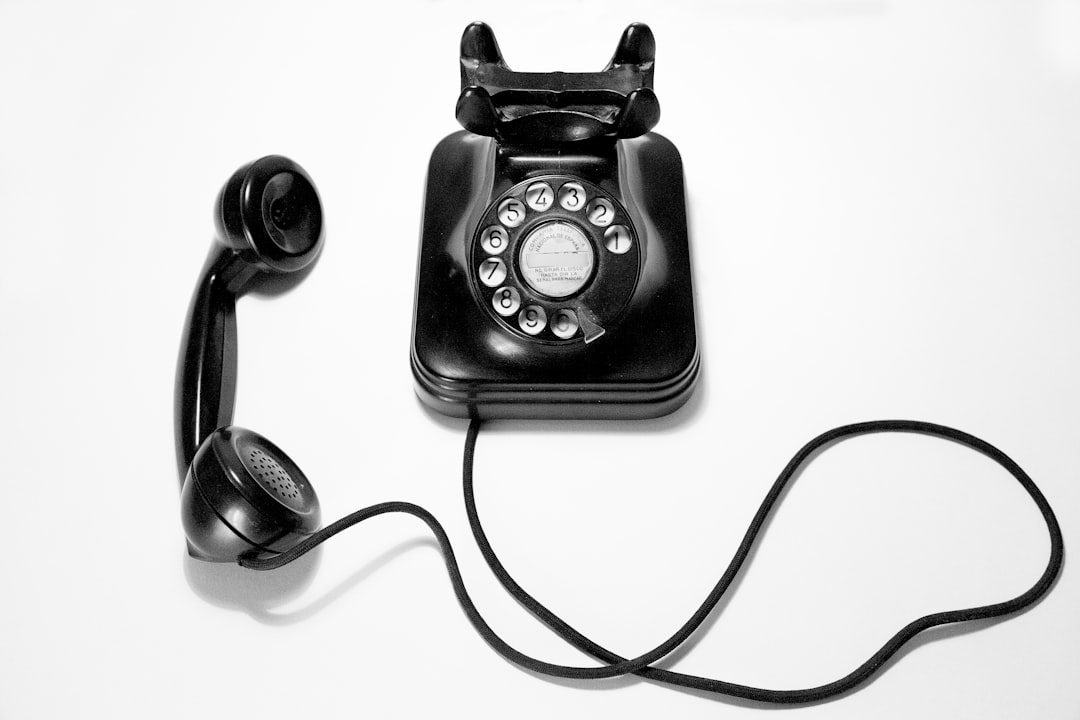Non-profit organizations in Washington D.C. face legal challenges from robocalls, automated phone calls used for outreach and fundraising. Strict laws under the Telephone Consumer Protection Act (TCPA) and state regulations restrict such calls without prior consent. Specialized Robocall Lawyer DC and Spam Call Law Firms DC are crucial to ensure compliance, protect recipients' privacy, and avoid significant fines. These professionals guide non-profits on consent, do-not-call lists, content restrictions, and tailored scripts for legal robocall campaigns, empowering them to harness the power of Robocall DC ethically and effectively.
“In today’s digital age, non-profit organizations in the District of Columbia are increasingly facing a modern challenge: robocalls. These automated phone calls, while efficient for businesses, can be intrusive and illegal when used without proper consent. This article explores the intricate world of robocalls, focusing on their impact on DC’s non-profit sector. We delve into the legal guidelines, from understanding the spam call laws to determining legitimate use cases. Additionally, we highlight the crucial role a Robocall Lawyer/Attorney in DC can play and offer effective strategies for managing unwanted calls.”
Understanding Robocalls and Their Impact on DC's Non-Profit Organizations
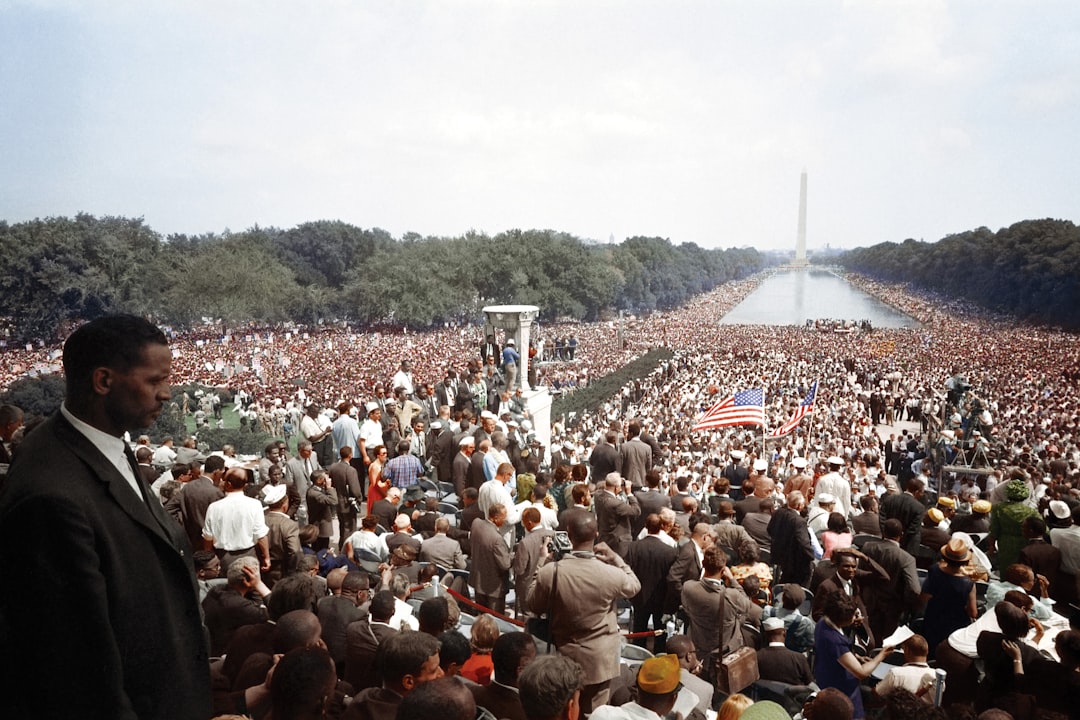
In the digital age, non-profit organizations in Washington D.C. face a unique challenge from robocalls, automated phone calls that deliver pre-recorded messages on a large scale. While they can be effective for outreach and fundraising, robocalls have also evolved into a form of unwanted spam, leading to legal implications for businesses and individuals alike. In DC, where non-profit sectors play a vital role in the city’s vibrant community, understanding and adhering to regulations surrounding robocalls is crucial to maintain compliance and protect recipients from intrusive marketing tactics.
Robocall Lawyer DC and Spam Call Attorney DC are terms frequently searched by organizations seeking guidance on this matter. The Telephone Consumer Protection Act (TCPA) and similar state laws in DC outline strict guidelines for automated calls, including restrictions on certain types of robocalls without prior consent. Non-profits must navigate these legalities to ensure their communication strategies respect the privacy rights of potential donors and volunteers. By employing legal counsel specialized in robocall regulations (Spam Call Law Firm DC), non-profit organizations can effectively manage compliance while utilizing technology for their mission-driven efforts.
Legal Framework: Spam Call Laws in the District of Columbia

In the District of Columbia, the use of robocalls is regulated by stringent spam call laws designed to protect residents from unsolicited and nuisance calls. These regulations are in place to ensure that non-profit organizations adhere to ethical telemarketing practices. The Consumer Protection Division of the Attorney General’s Office oversees these laws, which specifically prohibit automated phone systems from making calls without prior express consent. Non-compliance can result in significant fines and legal repercussions for robocall lawyers and attorneys based in DC who represent such organizations.
Spam call law firms in DC must be well-versed in the legal framework to guide their clients effectively. This includes understanding the definition of a “robocall,” which typically refers to calls made using an automated dialer, as well as the specific exemptions and permissible uses outlined in the District’s laws. Lawyers for robocall cases in DC play a crucial role in navigating these regulations, ensuring compliance, and minimizing legal risks associated with telemarketing activities among non-profit entities.
When is a Robocall Consideration Legally Acceptable?

In the context of direct communication with potential donors and supporters, non-profit organizations in the District of Columbia (DC) must navigate legal considerations surrounding automated telephone calls, commonly known as robocalls. While robocalls can be an efficient tool for outreach, they are subject to strict regulations to protect consumers from unwanted or deceptive practices. According to the Telephone Consumer Protection Act (TCPA), a robocall is generally considered acceptable when it complies with specific guidelines. Non-profits must obtain prior express consent from individuals before placing automated calls for marketing purposes. This means that donors or volunteers should explicitly agree to receive such calls, typically through a signed consent form or during an in-person interaction.
Robocall lawyers in DC play a crucial role in ensuring these laws are adhered to, as non-compliance can result in significant fines and legal repercussions. Organizations seeking to utilize robocalls for fundraising or awareness campaigns should consult with a specialized spam call law firm in DC to understand and implement the necessary legal safeguards. By adhering to these guidelines, non-profits can effectively engage their target audiences while steering clear of potential legal pitfalls associated with automated phone communication.
Role of a Robocall Lawyer/Attorney in DC's Non-Profit Sector
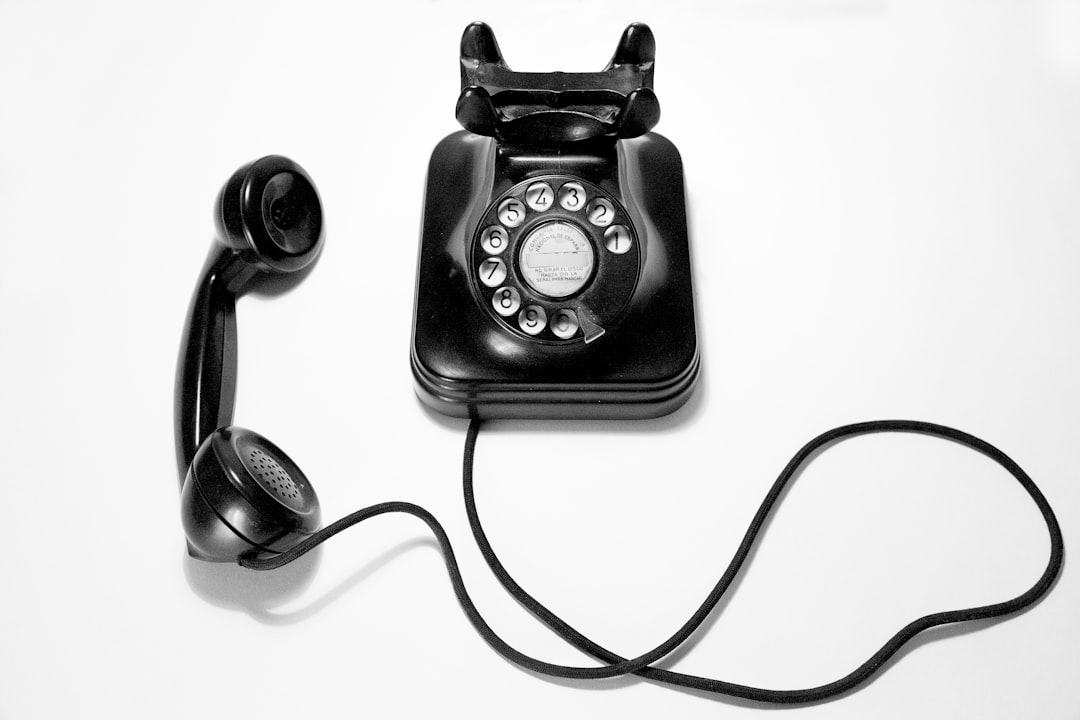
In the dynamic landscape of Washington D.C.’s non-profit sector, the strategic utilization of robocalls has become an integral part of outreach and advocacy campaigns. However, navigating the legal intricacies surrounding automated phone calls, or robocalls, is paramount to ensure compliance with local regulations. This is where a specialist robocall lawyer in DC steps into the picture. Their expertise lies in demystifying complex laws pertaining to spam calls, ensuring non-profit organizations employ this tool ethically and effectively without crossing legal boundaries.
A robocall attorney in DC plays a pivotal role in guiding these institutions on issues such as consent, do-not-call lists, and content restrictions. They help tailor robocall scripts to comply with the Spam Call law firms in DC and federal regulations, thereby mitigating potential legal risks. With their guidance, non-profits can harness the power of robocalls for fundraisings, events, or awareness campaigns, maximally engaging Robocall DC supporters while respecting consumer privacy rights.
Effective Strategies for Handling Unwanted Robocalls in DC Non-Profits
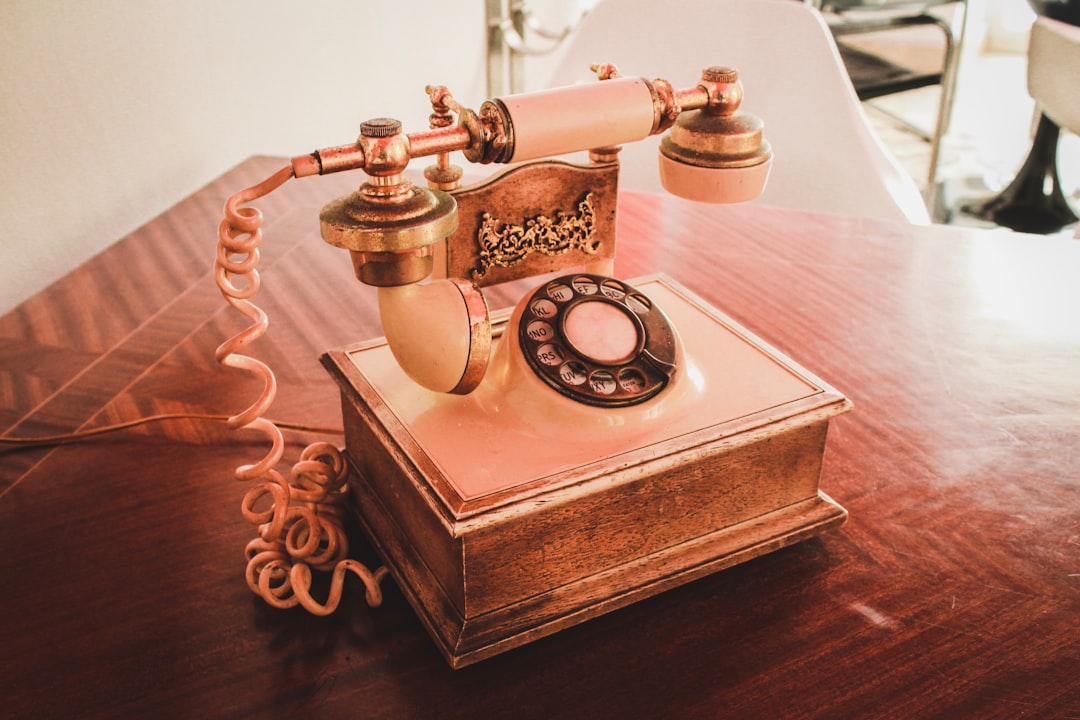
Non-profit organizations in the DC area often face a unique challenge with robocalls, which can significantly impact their operations and donor relationships. To combat unwanted automated calls, several effective strategies are available for DC non-profits to consider. Firstly, implementing robust call screening and blocking systems can help filter out spam robocalls before they reach staff or volunteers. Many telecommunications providers offer tools to identify and block these calls, ensuring a safer communication environment.
Additionally, educating donors and supporters about the issue is paramount. Non-profits can encourage their networks to register with Do Not Call registries and provide resources on how to report spam calls effectively. Hiring a specialized robocall lawyer DC or consulting with spam call lawyers DC can also be beneficial for organizations seeking legal guidance. These professionals can offer tailored advice, ensuring compliance with the spam call law firm DC and state regulations, thereby creating a more robust defense against intrusive automated calls.
